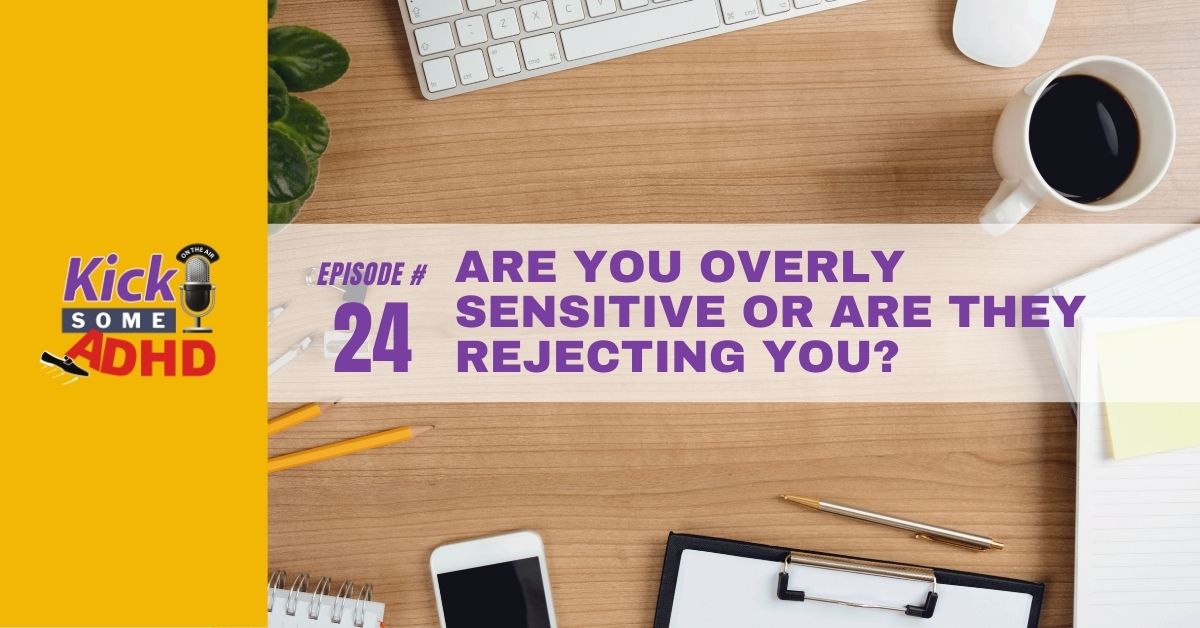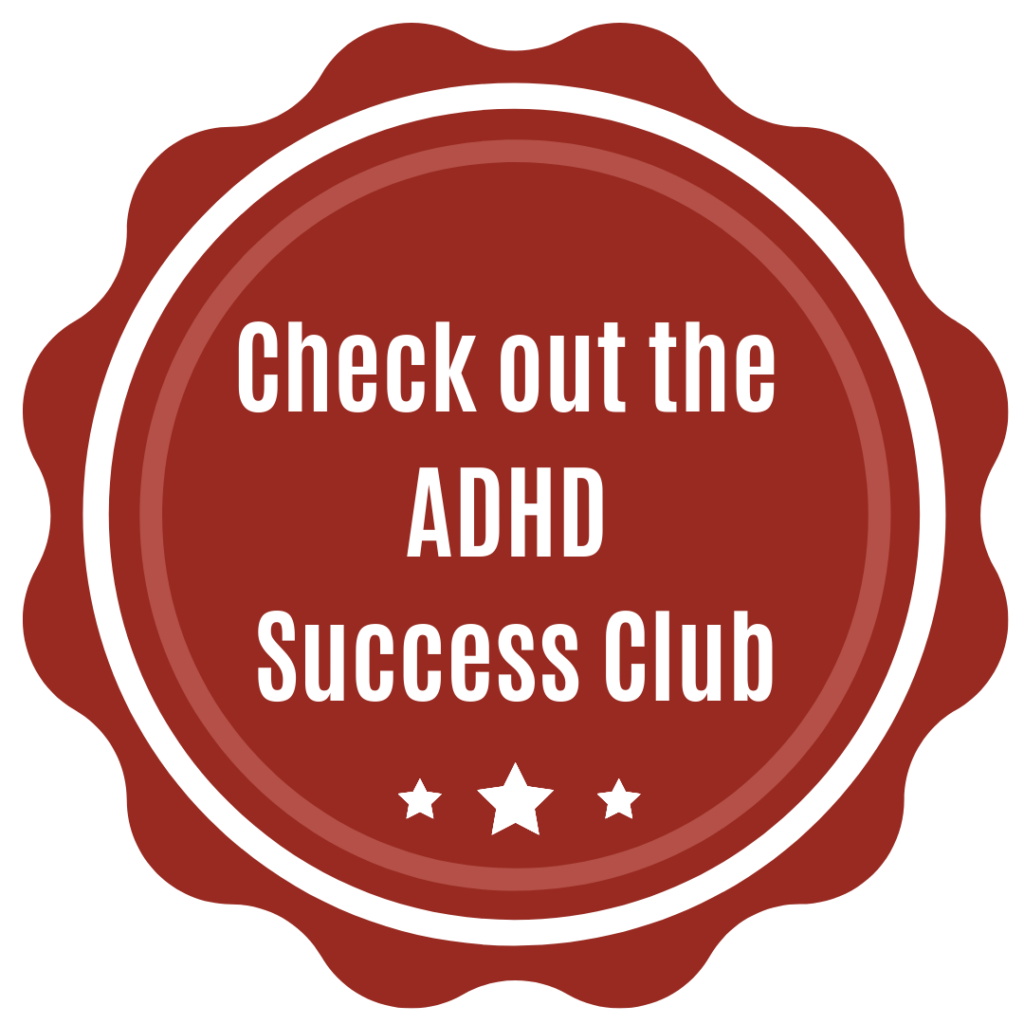Podcast: Play in new window | Download (Duration: 32:15 — 29.9MB)
Subscribe: Apple Podcasts | Spotify | RSS | More
Rejection Sensitivity comes with ADHD. Nearly every adult who has ADHD has some form of hyper-awareness of the negative opinions of others. It can even be severe enough to lead to a diagnosis of Rejection Sensitive Dysphoria (“RSD”).
In this week’s episode, we’ll talk about how rejection sensitivity (“RS”) affects us. We largely avoid the clinical RSD diagnosis, because that tends to occur in more severe cases. Almost all of us, however, can relate to RS.
Rejection sensitivity can be especially tricky when it comes to our emotions, because it’s accompanied by the emotional dysregulation that we also often face with ADHD. Misinterpreting the body language, actions, and words of others in a negative way can lead to intense emotions, rumination, and even anger (or worse).
Thankfully, there are strategies and techniques we can use to help minimize the effects of RS and help us take a more healthful approach to our relationships with others.
What has helped you with your rejection sensitivity? We look forward to your thoughts in the comments!
Want to keep learning about Rejection Sensitivity, ADHD and relationships? Check out:




I am late to this party, but I was just talking about this with a family member, so I wanted to share. When I first started working with a therapist regularly, one thing she told me when I was describing how “people don’t like me very much” was that I couldn’t actually know that because I can’t read others’ minds. I was assuming people didn’t like me when it was just as likely that they actually did. I wouldn’t want people to assume (and presume to know) my thoughts, so it isn’t fair for me to assign thoughts to other people based on my own assumptions. I am not a mind reader! That’s something I’ve worked hard to keep in mind ever since.